This issue covers:
- New FDA UDI rule
- Passing the test in the Middle East
- Look east for growth, says medtech intelligence provider
- Viva Las Vegas!
- UL expands MED CBTL status in India
- Five star Rigel service
New FDA UDI rule
The US Food and Drug Administration (FDA) has released a final rule requiring that most medical devices distributed in the United States carry a unique device identifier (UDI). It also applies to certain combination products that contain devices and to devices licensed under the Public Health Service (PHS) Act.
A UDI system has the potential to improve the quality of information in medical device adverse event reports, which will help the FDA identify product problems more quickly, better target recalls and improve patient safety.
A UDI is a unique numeric or alphanumeric code that consists of a device identifier (DI and a production identifier (PI) and, as part of the new system, the FDA is also creating the Global Unique Device Identification Database (GUDID) which will include a standard set of basic identifying elements for each device with a UDI.
Most of this information will be made available to the public so that users of a medical device can easily look up information about the device. The UDI does not indicate, and the database will not contain, any information about who uses a device, including personal privacy information.
The FDA has issued Global Unique Device Identification Database (GUDID) - Draft Guidance for Industry (PDF - 3.6 MB) to give labellers an overview of the GUDID. All the details at www.fda.gov/MedicalDevices/DeviceRegulationandGuidance/
Passing the test in the Middle East
The Herzliya Medical Center (HMC), one of the largest hospitals in Israel, has opted for Rigel Medical's range of testers and analysers to improve the testing and calibration of biomedical devices.
The move has enabled the Center to simplify testing procedures as part of an in-service planned preventative maintenance programme overseen by its Biomedical Department.
This has led to improvements in the speed and ease by which electrosurgical units (ESU), vital signs monitors, infusion devices and defibrillators among other items of medical equipment are maintained and checked for electrical safety and performance accuracy.
HMC is a private hospital located north of Tel Aviv on the Mediterranean coast. It was the first facility of its kind in Israel to undertake complex operations including heart surgery, neurosurgery, and endoscopic procedures as well as leading the way in the development of CT scanning technology, catheterization facilities, a cytogenetic laboratory and an ICU.
The Rigel 288 automated safety analyser, electrosurgical generator calibrator Uni-Therm, Uni-Pulse defibrillator analyser, Multi-Flo infusion pump analyser and combination vital sign simulator UNI-SIM are among the Rigel Medical products the hospital’s started to use and help to improve compliance with appropriate standards including IEC 62353 IEC/EN60601-1, VDE 0751-1, AS/NZS 3551, AAMI, NFPA-99, MDA DB 9801-2006.
Director of the Biomedical Department and Engineer Tamim Jaber said that turning to Rigel Medical met the HMC's 'real life biomedical' requirements, providing the first opportunity to bring all aspects of biomedical testing within a single software solution (Rigel’s Med-eBase) and to generate reports and certificates for all devices under test.
He cites one example of how impressed he was by Rigel's technology. "We set-up a customised auto-test sequence using the Rigel Uni-Therm to check an ESU and ran through all the manufacturer's recommended tests in under 10 minutes."
"This was significantly quicker and easier than it had been when using previous biomed test equipment supplied from various different manufacturers."
Look east for growth, says medtech intelligence provider
While BRIC markets offer outstanding growth opportunities for medical device companies, there are other smaller markets in Turkey, Indonesia and Iran that have quietly been growing beyond the spotlight.
Currently, these markets account for more than US$186 billion in healthcare spending and share characteristics that should make them appealing to medical device exporters: per capita growth in healthcare spending of 125% or more from 2001 to 2011, 85% or more of devices are imported, so there is little domestic competition; and economies and personal incomes are growing, which typically correlate with rises in healthcare spending.
Turkey has been attracting a lot of interest, according to pharmaceutical and medtech intelligence provider Espicom. The country’s medical device market is worth about US$2.2 billion, and if it was able to join the European Union, it could see its economy boosted by increased healthcare spending.
Further east, Indonesia’s economy and healthcare is improving to meet the demands of 240 million people with rising incomes and more demand for healthcare while political bluster should not dissuade an objective evaluation of Iran’s potential as a medical device market.
Iran has roughly the same population as Turkey (about 75 million people) and its economy has grown briskly - primarily due to a burgeoning oil and gas sector. Between 2001 and 2011, per capita spending on healthcare increased 163%, due partly to increased government investment in healthcare infrastructure.
Medical device manufacturers would be wise to invest their time in exploring these underserved, yet growing, markets. Individually, they are relatively small now but healthcare spending is growing two to three times faster than in the United States, Japan or most countries in Europe. As was the case with China, 10 years from now you might wish you were one of the forward thinking companies who established an early foothold.
More at http://www.emdt.co.uk/article/beyond-brics-three-growing-medical-device-markets-should-be-your-radar.
Viva Las Vegas!
Rigel Medical will be in Las Vegas this April (9-11) for the MD Expo where it will be displaying and demonstrating its electrical safety analysers, performance analysers and vital signs simulators - so make sure you save the date.
MD Expo provides an opportunity to showcase the latest products and technology to some of the most influential decision-makers in the medical equipment industry, and is an important platform for meeting professionals who manage, purchase and support medical equipment, parts and service.
Don’t forget to also catch Rigel on stand C1 at May’s EBME Associates 2014 seminar in Milton Keynes.
UL expands MED CBTL status in India
UL India Pvt. Ltd., a subsidiary of UL (Underwriters Laboratories), a world leader in advancing safety, has been successful in expanding recognition under the IECEE CB Scheme as a Certification Body Test Lab (CBTL) for the most recognised versions of the internationally harmonized safety standard for electro medical devices.
The expansion of UL India's CBTL scope to include the 2nd and 3rd editions of IEC 60601-1 with amendments and several particular standards for medical electrical equipment reinforces UL's recognition of the importance of the medical device industry in India and helps ensure UL continues to provide a high quality and recognized pathway to international compliance.
The move will enable India’s medical device manufacturers to take advantage of UL local test and advisory service capabilities to support global regulatory approvals directly through the Bangalore office.
"We understand that the local industry needs a trusted, local resource for testing and certification," said Suresh Sugavanam, VP and managing director for UL South Asia.
"Now that UL has expanded its CBTL status in India to include the Medical (MED) category, local manufacturers forming part of our key client base can continue to work with our competent engineers and have their compliance needs fulfilled in the local time zone."
IEC 60601-1 is the internationally harmonized safety standard for electro medical equipment. In order to receive approval in global markets, manufacturers of higher risk medical devices must demonstrate their safety and effectiveness through the submission of test data. Many of the regulators around the world recognize the IEC 60601-1 series of standards as a means of demonstrating device safety. See www.ul.com for the full story.
Five star Rigel service
Rigel's commitment to providing customers with the highest levels of global product and service support has been further strengthened with five new service centres strategically located around the world.
Service in Africa and the Middle East has been boosted by Dubai’s Aragon Instruments LLC and Egypt's Banaha Electronics while in Western Europe expertise is available at MANUMESURE in France and Berlin’s KSW Kalibrierservice.
Mobile services are available from these centres to ensure all test equipment service needs are met, including repair, on-site and back-to-base calibration, and the supply of spare parts.
More information and contact details are available at http://www.rigelmedical.com/service-centre
Do you use Rigel Medical equipment? - If you think you may have a story for future e-news bulletins, please let us know by contacting us here.



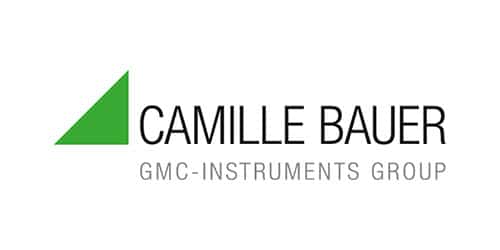
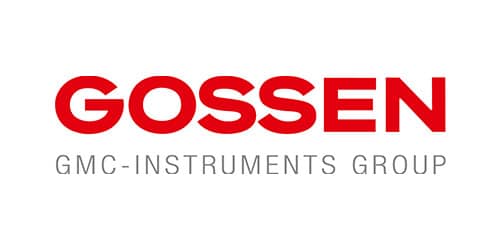
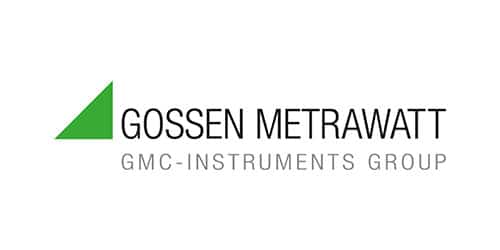
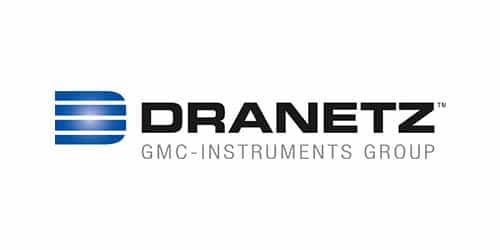
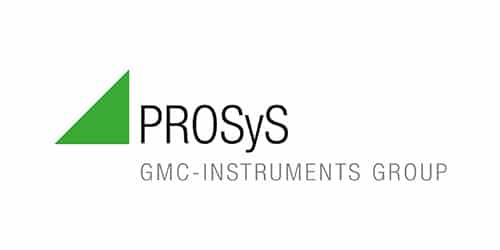
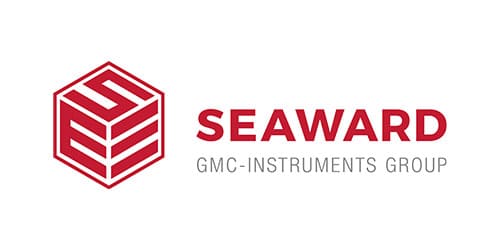
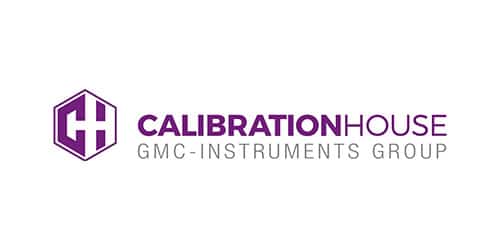
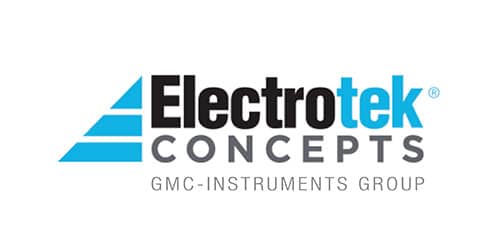
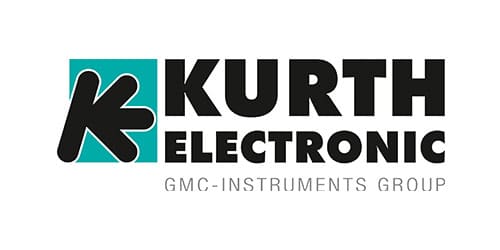
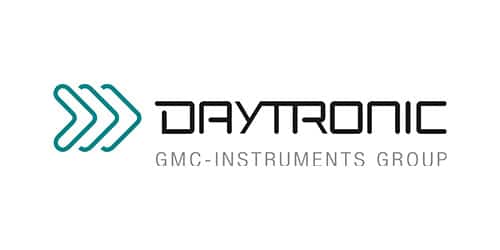
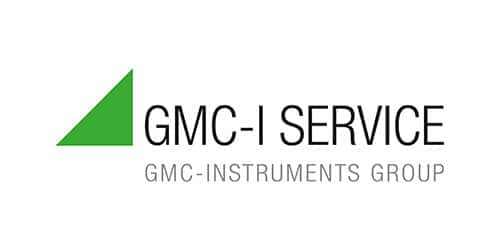
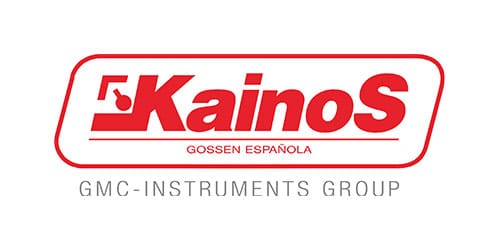
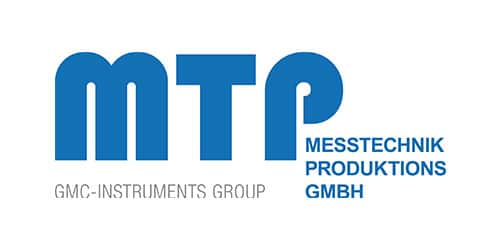
Sign up to our Newsletter.
Stay up to date with the latest industry and product news, as well as our free educational content such as webinars and our expert guides.
Close